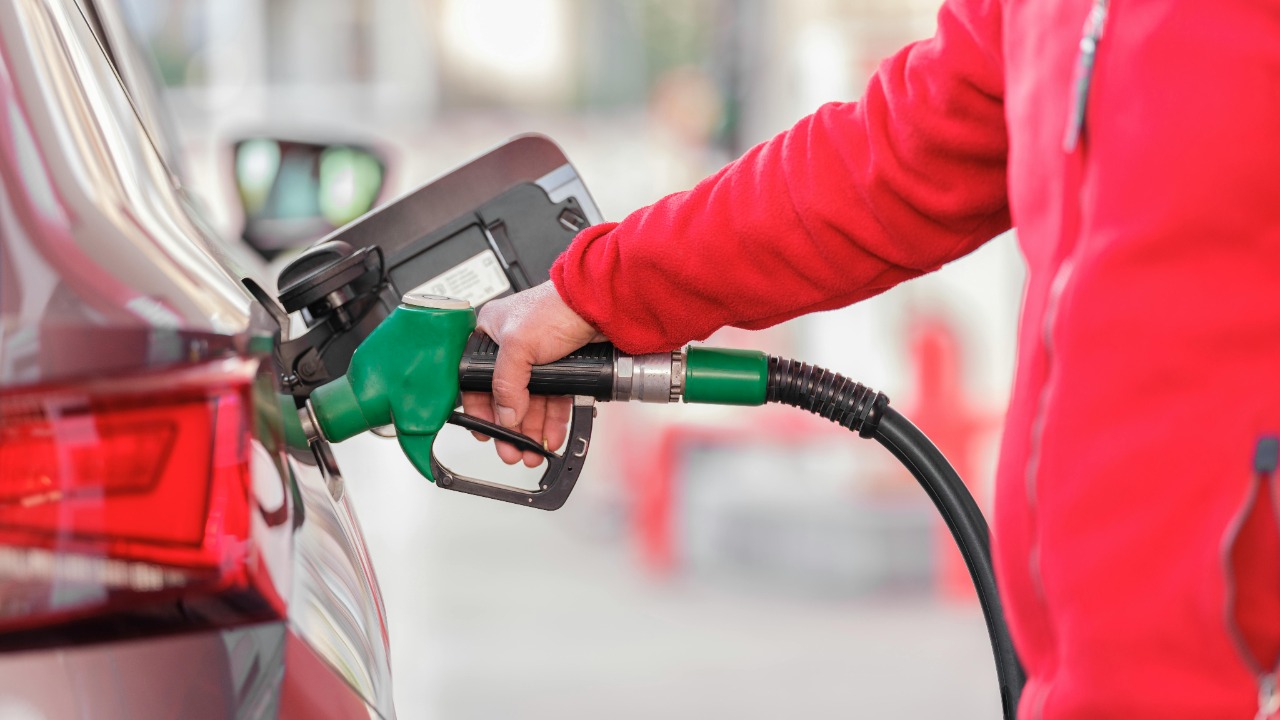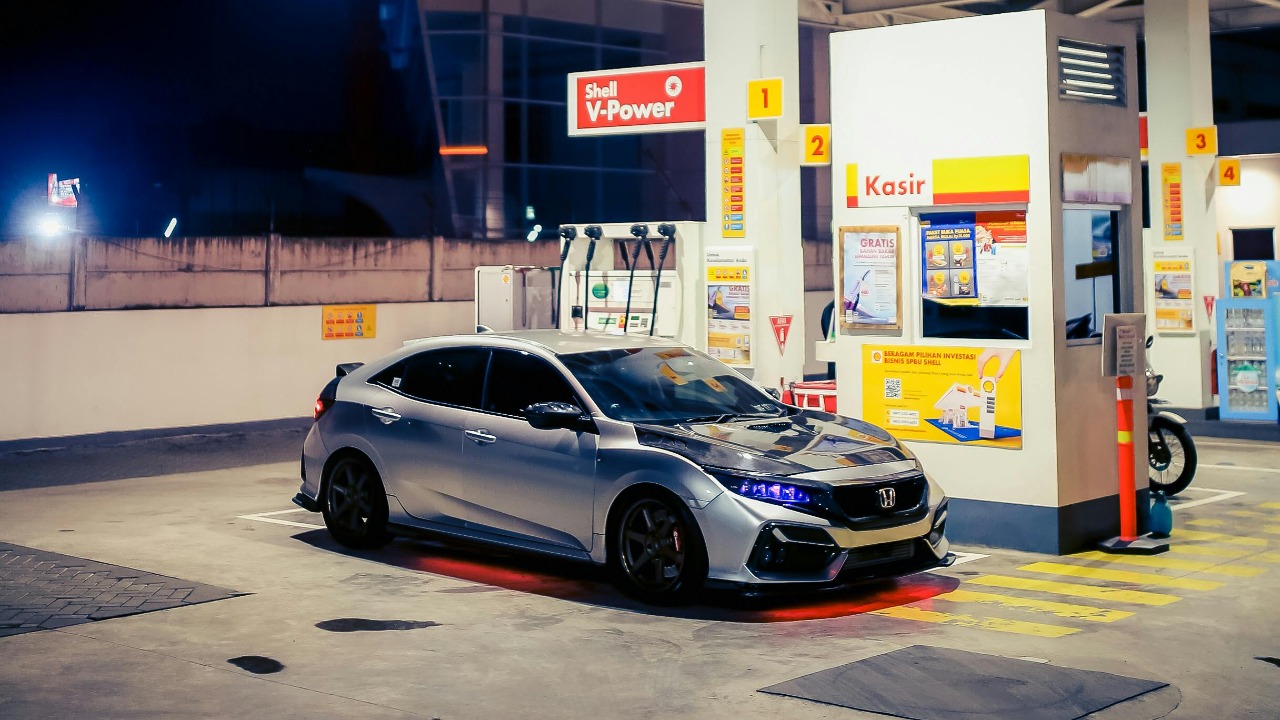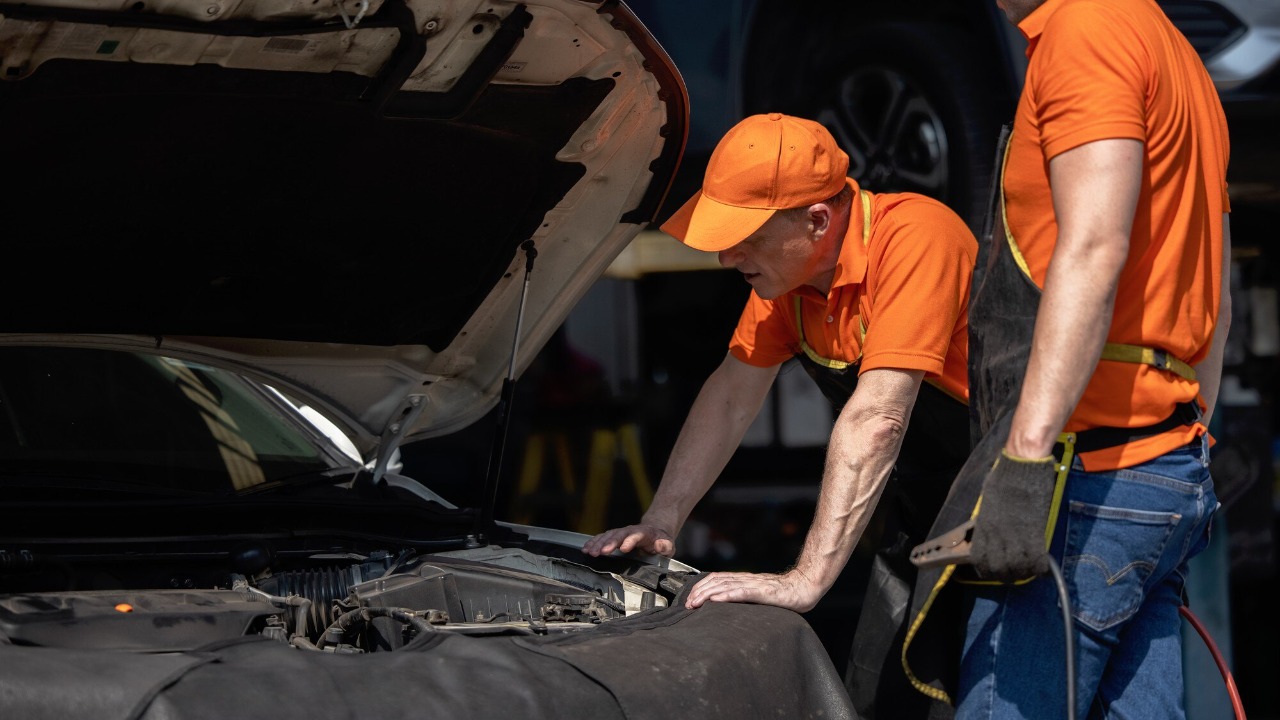
Recent reports have raised an alarm about a common refueling habit that is silently damaging vehicles and potentially leading to costly repairs over time. This issue affects millions of motorists who perform the action routinely, oblivious to the underlying mechanical risks. Experts emphasize that simple behavioral changes at the pump could extend car lifespan and prevent unexpected breakdowns.
The Overlooked Refueling Habit

Many drivers, during their routine visits to gas stations, unknowingly contribute to the gradual wear on their vehicle components, such as engine or fuel system parts. This common practice feels innocuous to most drivers, as they are simply following what they perceive as standard procedure during refueling. However, the initial signs of damage, often dismissed as normal aging, are actually the early warnings of a more serious problem.
According to The Mirror, the habit in question is overfilling the fuel tank, often referred to as ‘topping off.’ Drivers, in an attempt to squeeze in a few extra drops of fuel after the pump automatically shuts off, are unknowingly causing harm to their vehicles. This practice, while seemingly harmless, can lead to fuel entering the vehicle’s vapor collection system, which is designed to absorb harmful fuel vapors before they can escape into the atmosphere. Over time, this can cause significant damage to the vehicle’s fuel system.
Mechanical Damage Explained

This overlooked habit introduces contaminants or stress to the fuel tank and lines, leading to corrosion or blockages over repeated exposures. Modern car designs, with their sensitive electronic fuel injectors, are particularly susceptible to this harm. The short-term effects might seem minor, like reduced fuel efficiency, but over time, this can progress to more serious issues such as engine misfires.
When the fuel enters the vapor collection system, it can cause the charcoal canister, a key component of this system, to become saturated. This saturation can lead to a host of problems, including difficulty starting the engine, reduced fuel economy, and increased emissions. Furthermore, the fuel can also damage the vehicle’s fuel pump, as it relies on the fuel in the tank for cooling and lubrication. Overfilling the tank can expose the pump to air, potentially causing it to overheat or fail prematurely.
Real-World Examples and Statistics

There are numerous anonymized case studies of drivers who have faced hefty repair bills due to this habit. The costs for fixes like fuel pump replacements can be substantial. Data from automotive surveys reveal how prevalent this habit is among U.S. or global drivers, further emphasizing the scale of the problem. Interestingly, vehicles where this habit is avoided fare significantly better than those where it’s routine.
As per the data cited by The Mirror, a significant number of drivers admit to regularly topping off their fuel tanks, with many unaware of the potential damage they’re causing. The cost of replacing a damaged fuel pump can run into hundreds of dollars, not to mention the inconvenience of unexpected breakdowns. Furthermore, vehicles that have been regularly topped off have been found to have a higher incidence of fuel system-related issues compared to those where this habit is avoided.
Expert Insights on Prevention

Experts recommend stopping the refueling process as soon as the pump automatically shuts off, as this indicates that the tank is adequately filled. They also advise against relying on the fuel gauge for an accurate reading immediately after refueling, as it can take a few moments for the system to stabilize and provide an accurate reading. Additionally, drivers are encouraged to educate themselves about the potential damage caused by topping off and to spread this knowledge among their peers, as awareness is key in changing this harmful habit.
Long-Term Vehicle Health Benefits

Avoiding this habit not only preserves warranty coverage and resale value for cars, but also has broader implications for fuel economy and emissions reductions tied to healthier fuel systems. Regular maintenance routines that complement habit changes can provide overall engine protection, further extending the lifespan of the vehicle.
By avoiding the habit of topping off, drivers can significantly extend the lifespan of their vehicle’s fuel system components and maintain optimal engine performance. This can lead to improved fuel economy, reducing the overall cost of vehicle ownership. Furthermore, a well-maintained fuel system can contribute to lower emissions, helping to reduce the vehicle’s environmental impact. Regular maintenance checks, including inspections of the fuel system, can further enhance these benefits and ensure the vehicle remains in good working order for many years.
Steps to Adopt Safer Refueling Practices

Breaking the habit of topping off begins with awareness and understanding of the potential damage it can cause. From there, drivers can consciously stop the refueling process as soon as the pump shuts off. It’s also beneficial to get into the habit of scheduling regular maintenance checks, which should include an inspection of the fuel system. For those who find it difficult to break this habit, setting reminders on their phone or using apps that promote safe refueling practices can be helpful. Ultimately, adopting safer refueling practices can lead to significant savings in repair costs and contribute to a longer vehicle lifespan.